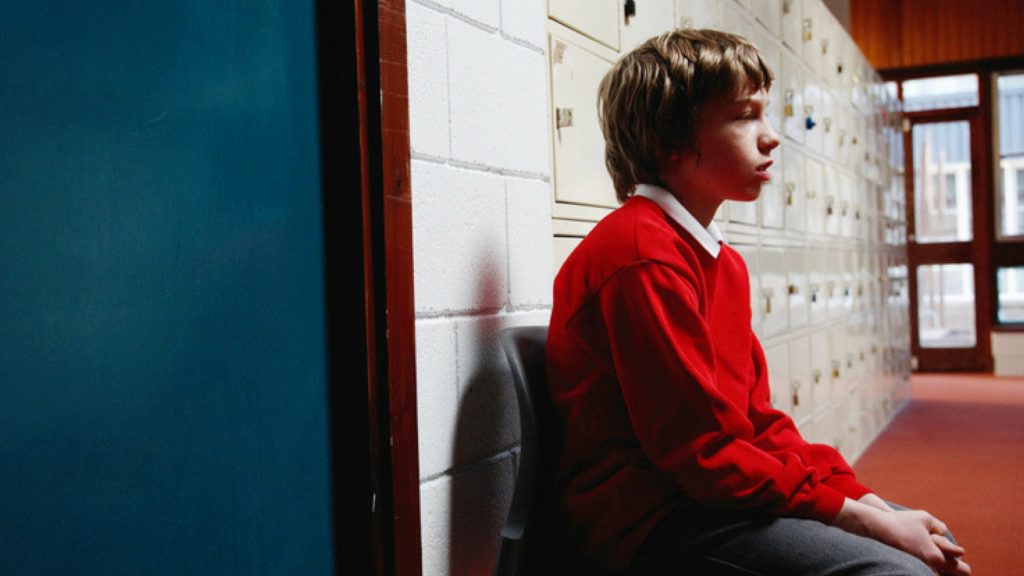How to personalise your approach in supporting behavior

Where the behavior policy in school is being used consistently by all staff, I predict approximately 95% of students will respond by improving their behavior.
The vast majority students only need clarity and consistency to help them make changes. It’s no wonder leadership teams often make the point of ensuring behaviour policy is adhered to.
Even though 95% sounds high, this still leaves around 1 in 20 students who will not respond favourably to the behaviour policy. They might dislike the rigidity of the policy or they might feel there is injustice in decisions made about sanctions. Whatever the reason, these students need to be supported differently.
Who are the 5%?
- Students who repeat behaviours
- Students who struggle to engage in reflection of their behaviour
- Students who you would describe as being naughty or challenging
If you’ve got a student who is repeatedly being removed from your class, then you need to approach their challenging behaviour differently. Changes need to happen before it’s too late.
“Every time you send these students out, you are severing the possibility of building a positive connection with them, and often it they are the ones who need it most.”
- Have you phoned home regarding your concerns?
- After the incident, did you see them before the next lesson to reflect on what happened?
- Did you make positive phone calls home when things were going better?
The positive phone calls home can take less than a minute. The concerning phone call home takes much longer. Often parents/carers will be suspicious of teachers who have only ever heard them ringing about the negative things their young person has done.

It is sometimes easier for them to conclude that the teacher just doesn’t like their young person. This is unlikely to be the case, but I’m making the point of looking for the positives with these challenging students and sharing the positives you’ve recognised with them and their family.
It isn’t too late if you haven’t yet try to engage positively. I suggest arranging a meeting with parents/carers and the young person in the first instance.
Meeting agenda
- Ask the student to suggest how you might do things differently
- Ask how the current situation could be improved
- Explore whether the work is too hard for them
- Share your perspective in a way which is not judgemental
- Clarifying how you’re going to change a couple of things
- Ask the student to explain how they are going to change things
- Agree a review meeting date.
The review meeting can be enticing prospect for the young person because they know there is the opportunity to move on from the situation and be praised for the progress they’ve made.
In the meeting, the student will likely be quiet and reflective. You might then see them in class with their swagger back from the moment they walk in! Don’t jump on this and immediately sanction (they’re just testing you). Instead, get to their level and have a quiet word.
Remind them of the meeting and the fact that you have chosen to do a couple of things differently as a result. Remind them of what they agreed and express hope that the upcoming meeting with their parent/carer will be really positive.
Showing an interest in these students is the only way they will start to improve their behaviour.
Remember, you have followed the behaviour policy consistently and this hasn’t worked. Now prioritise your relationship building and parent/carer engagement above following the policy.
Do not immediately sanction on the first small incident. Do not sanction them in front of their peers, it will create a stand-off between you and them. If you have to warn or sanction them, do it quietly. Diffuse when they try to escalate.
Leadership teams will say we all have to be consistent in our behaviour expectations at all times with all students. They want the vast majority of students to be better behaved and this is how they will achieve it. For the students where this isn’t working, inclusive leadership teams will support you in shifting your expectations a little.
They won’t announce it in whole school training because staff might misinterpret what’s been said, but be confident in developing a personalised approach. The 5% need it.








Thank you. Any guidance relating to behaviour management is welcome. I would add the importance of communication with relevant staff and school support teams is crucial.